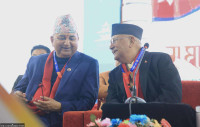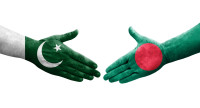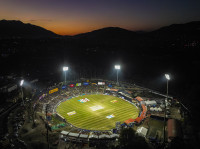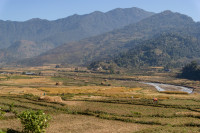Opinion
The other athletes
The country hardly remembers the names of its female medallists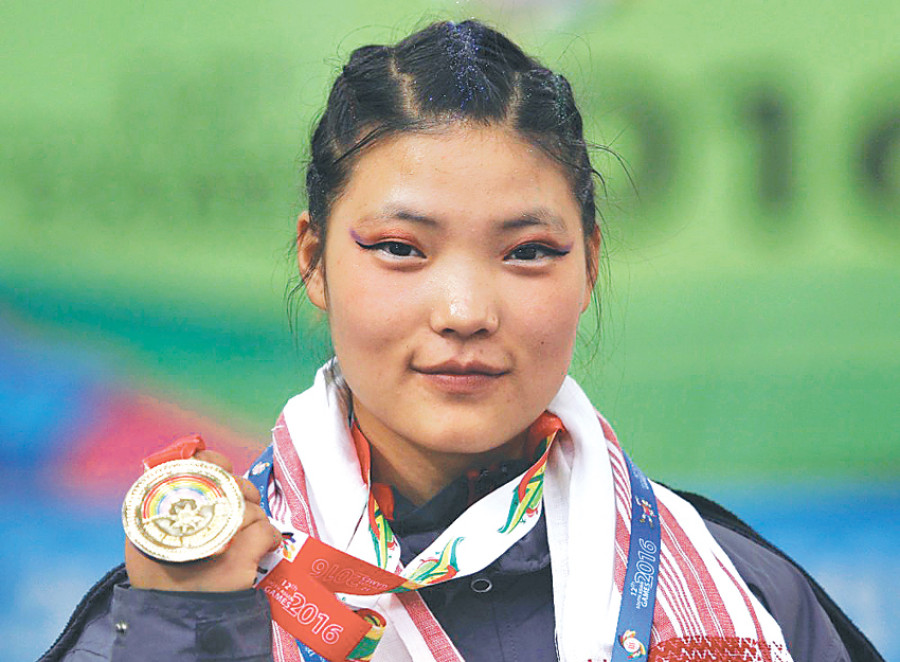
Arun Budhathoki
The recently concluded 12th South Asian Games produced more female medallists than their male counterparts. However, when the time for celebration came, the men’s football team was cheered for, whereas the women team came back home quietly. This phenomenon is not strictly a Nepali one but is widespread all over the world. Does it say anything about our culture, society and mind-set towards women athletes?
Nepal claimed a total of 60 medals that included three golds, 23 silvers and 34 bronzes. Weightlifter Devi Kumari Chaudhary was the first Nepali player to win a medal; she bagged a bronze. Wushu player Nima Gharti Magar gave Nepal its first gold medal and Phupu Lhamu Khatri became the first women judoka to strike a gold medal in wushu since 1995. Do we even remember their names?
Wider problem
Gender inequality in sports is a worldwide phenomenon, and we all know that FIFA and ICC Cricket World Cups are the two prime examples of male dominance, which is not just limited to playing the sports but extends to sponsorship, viewership, popularity, and wages the players get. I read an interview of a Nepali female footballer, in which she said that she wished to win the final match against India so the team could fly back home. She added that their wages were so low that not everyone could continue playing the game. The Nepali men’s football team, on the other hand, gained enough attention from print, broadcast and online media. The women’s team only received support on social media in the form of discontent and rant about the unfairness of it all. The problem, however, does not start from there.
We still accord higher importance to the marriage of our daughters than to their education. So I wonder how difficult it must be for them to pursue a career in sports. We have to understand that the medallists, Gaurika and Phupu, returned to the UK and Hungary respectively after the end of the games. The Nepali government, I suspect, did not even ask them to come to Kathmandu to honour them before they left for their second home. We definitely take pride in their success, but the whole episode illustrates the sad situation of Nepali female athletes. Our sports infrastructure, as well as the broader culture, is acting as obstacles for them.
Can the Government of Nepal successfully hold the 2018 South Asian Games? I am highly sceptical about it. Unless there is rapid work in the development of sport infrastructure and nurturing of athletes irrespective of their gender, the dismal performance of our teams will continue in the forthcoming years.
Complete overhaul
The concept of playing and celebrating sports in Nepal needs a big change. Sports has to stop being a male-centred activity. The government should ensure that there is no gender-based discrimination in the development of sports; even people from the LGBTI community should be able to compete freely and equally. The culture of discouraging girls from playing should end at home and at school. I fear that the inequality between men and women in our constitution is also the result of our male-dominated culture. The logic of not cheering for women athletes is deeply rooted in our patriarchal psyche—perhaps we fear that we will have no control over the opposite sex. This mentality has led to a score of problems for Nepali women, including the country not celebrating the victory of its female teams.
The culture of portraying female athletes as secondary will not stop unless the governing bodies for women in Nepal increase and become active. The various football clubs in the country should include female teams too and start a league for them. The National Sports Council (NSC) and All Nepal Football Association (ANFA) should also incorporate the idea of making an equal gender representation in their governing statute. If that is done, then when our female athletes win medals in 2018, we will all be cheering for them. And Nepal will produce many more Devis, Nimas, Gaurikas and Phupus in the future who will inspire the next generation of women in the nation and give a positive signal of gender equality to South Asia and the world.
Budhathoki a graduate in International Relations from the University of Northampton




 10.12°C Kathmandu
10.12°C Kathmandu
